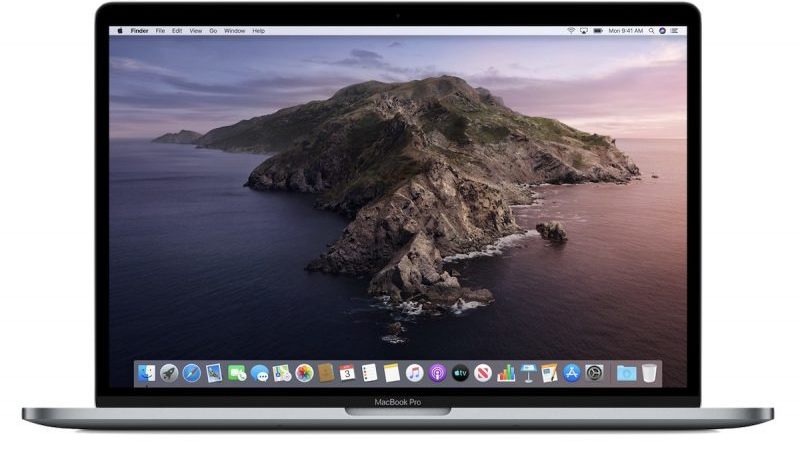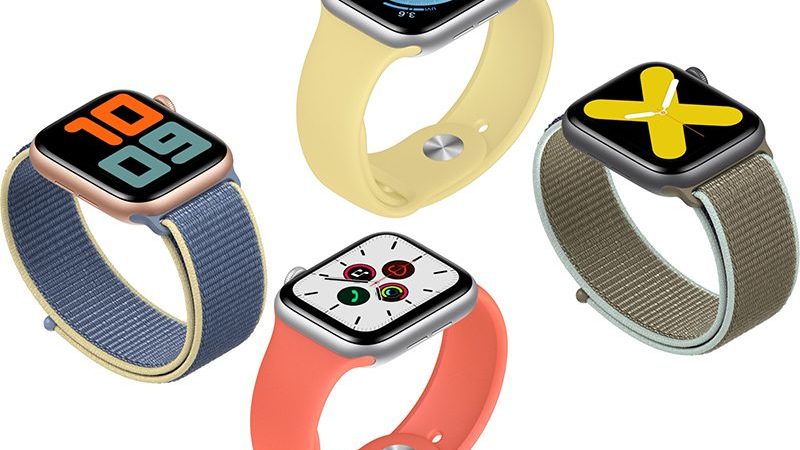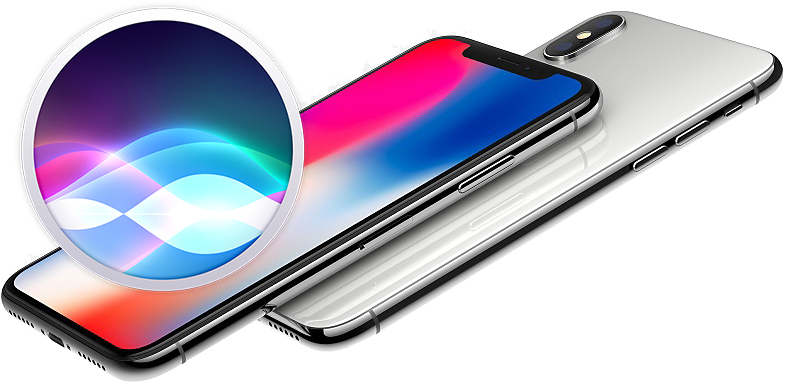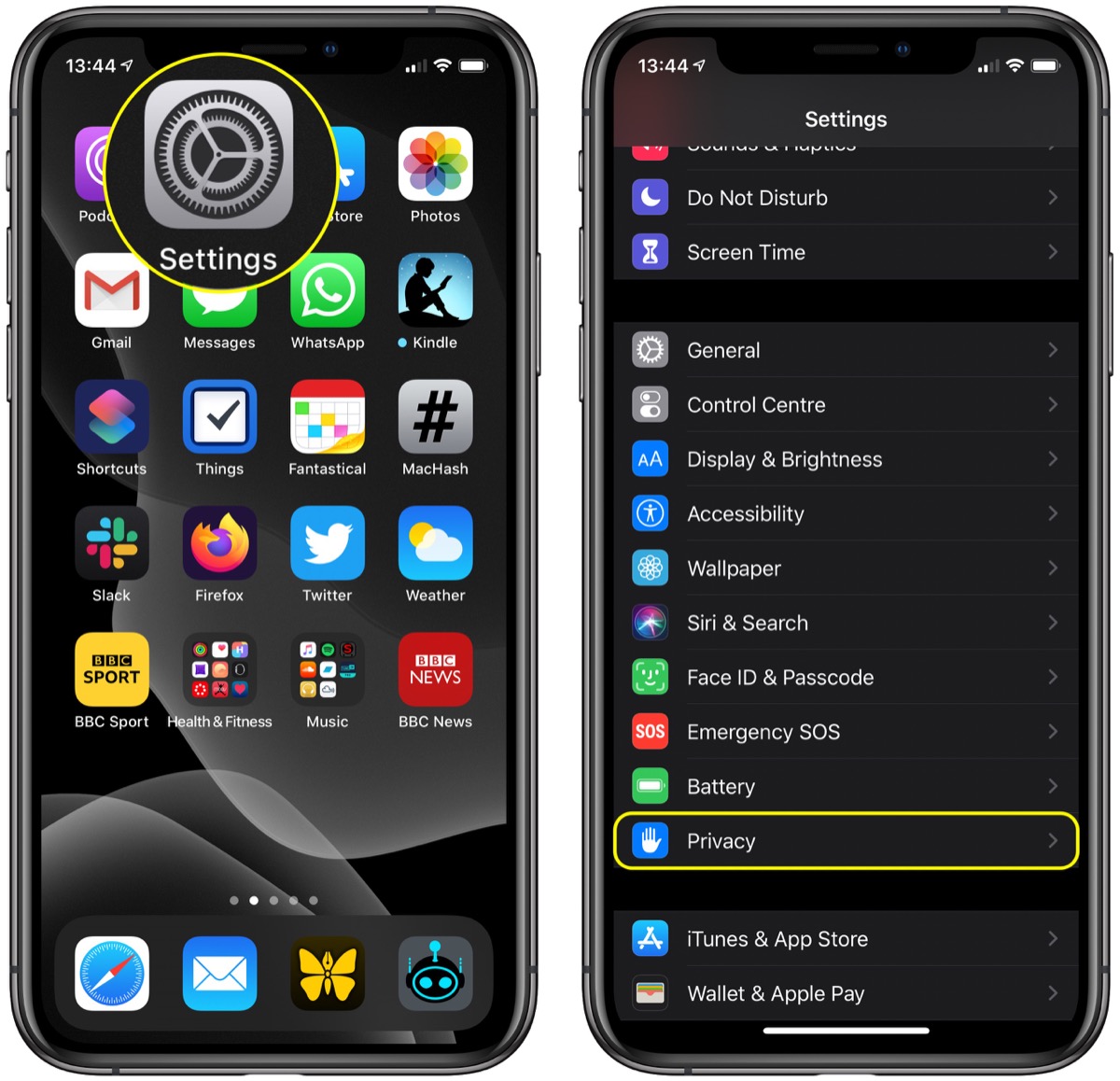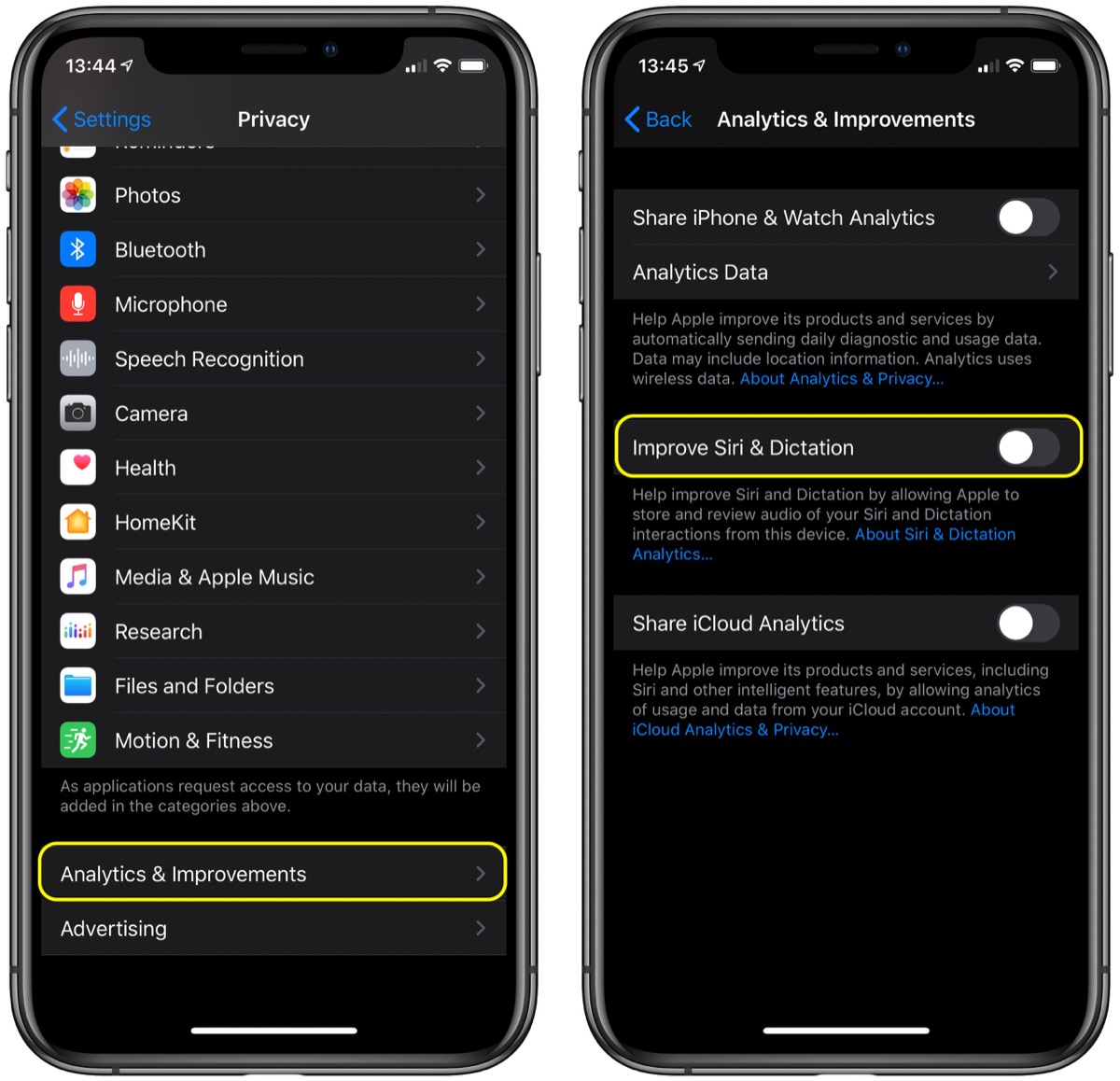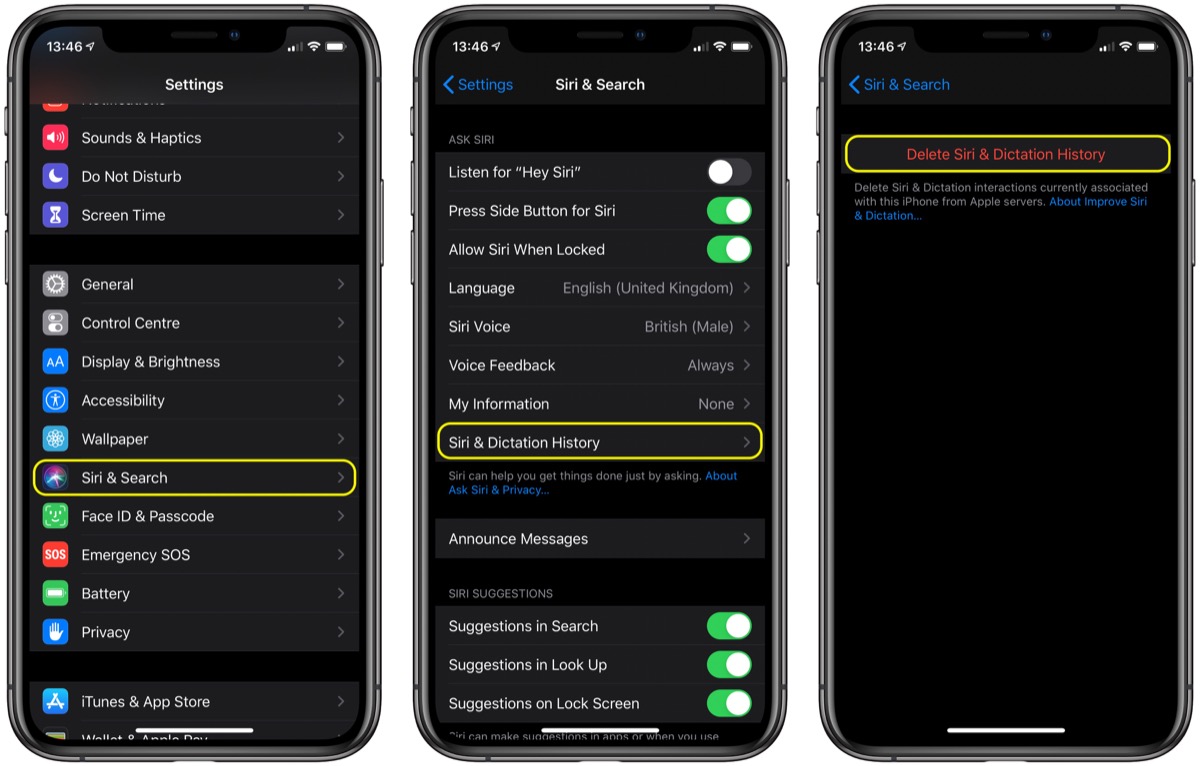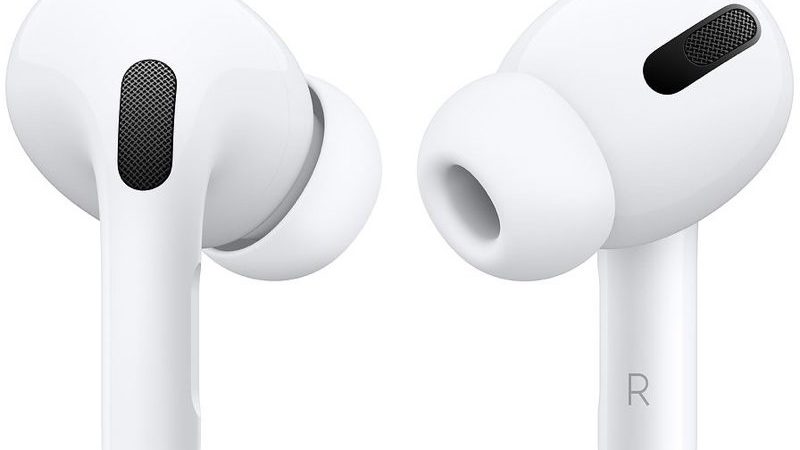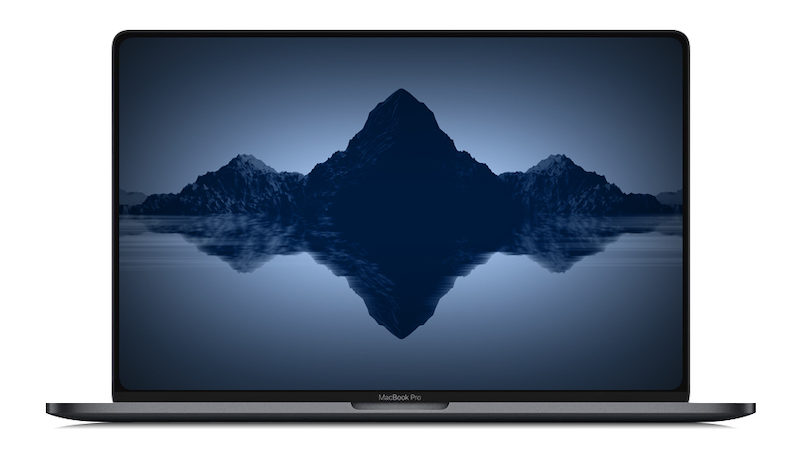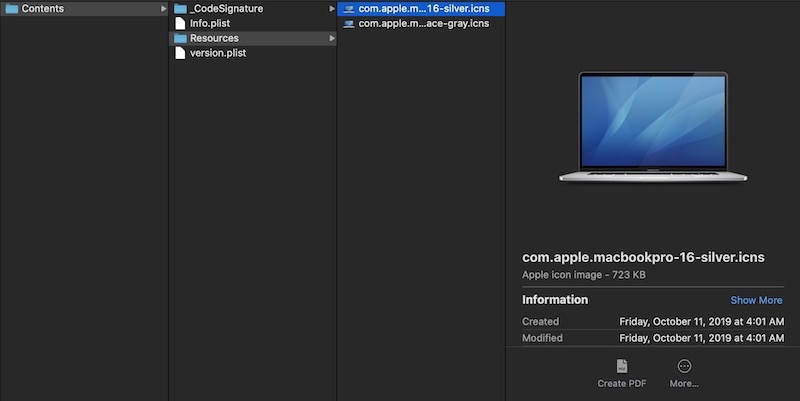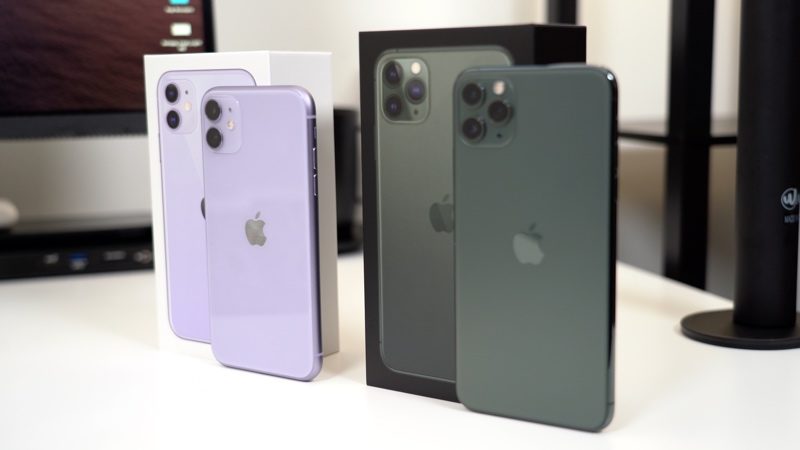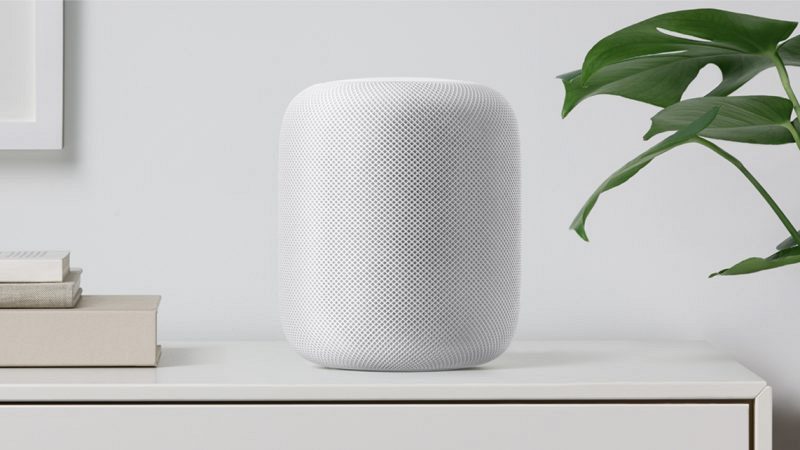According to Sony’s Deputy President of Sony Interactive Entertainment, John Kodera, the company has decided to “remain focused” on its core gaming business and step away from OTT streaming services. “Unfortunately, the highly competitive Pay TV industry, with expensive content and network deals, has been slower to change than we expected,” said Kodera.
We are very proud of what PlayStation Vue was able to accomplish. We had ambitious goals for how our service could change how people watch TV, showcasing PlayStation’s ability to innovate in a brand-new category within the Pay TV industry. We want to thank all of our customers, some of whom have been with us since PlayStation Vue’s launch in 2015.
PS4 owners will still be able to rent and purchase films and TV on the PlayStation Store, and the console will still support media apps like Netflix and Amazon Prime. The only thing going away is PlayStation Vue, which includes all of its connected apps, including those on iOS and tvOS.
In other live TV streaming news, AT&T this month announced that it would be increasing the price of its AT&T TV NOW grandfathered plans by $10 per month. Additionally, AT&T will increase the price of the new PLUS and MAX plan tiers by $15 per month, all starting on November 19, 2019 (via Cord Cutters News).
For the new tiers, this means that AT&T TV NOW will start at $65 per month for PLUS and increase to $85 per month for MAX. This is the second major price hike for the service in 2019, after another $10 per month increase back in March, when it was still called DirecTV Now.
This article, “Sony’s ‘PlayStation Vue’ Live Streaming TV Service Shutting Down January 30, 2020” first appeared on MacRumors.com
Discuss this article in our forums
Powered by WPeMatico

